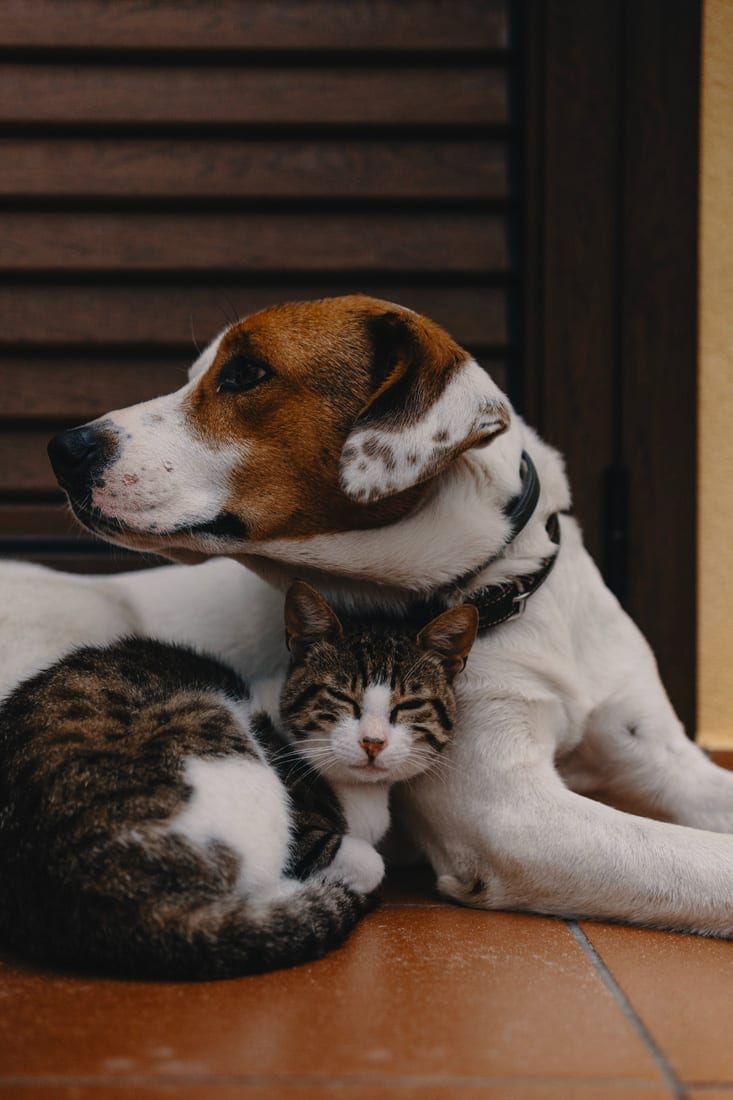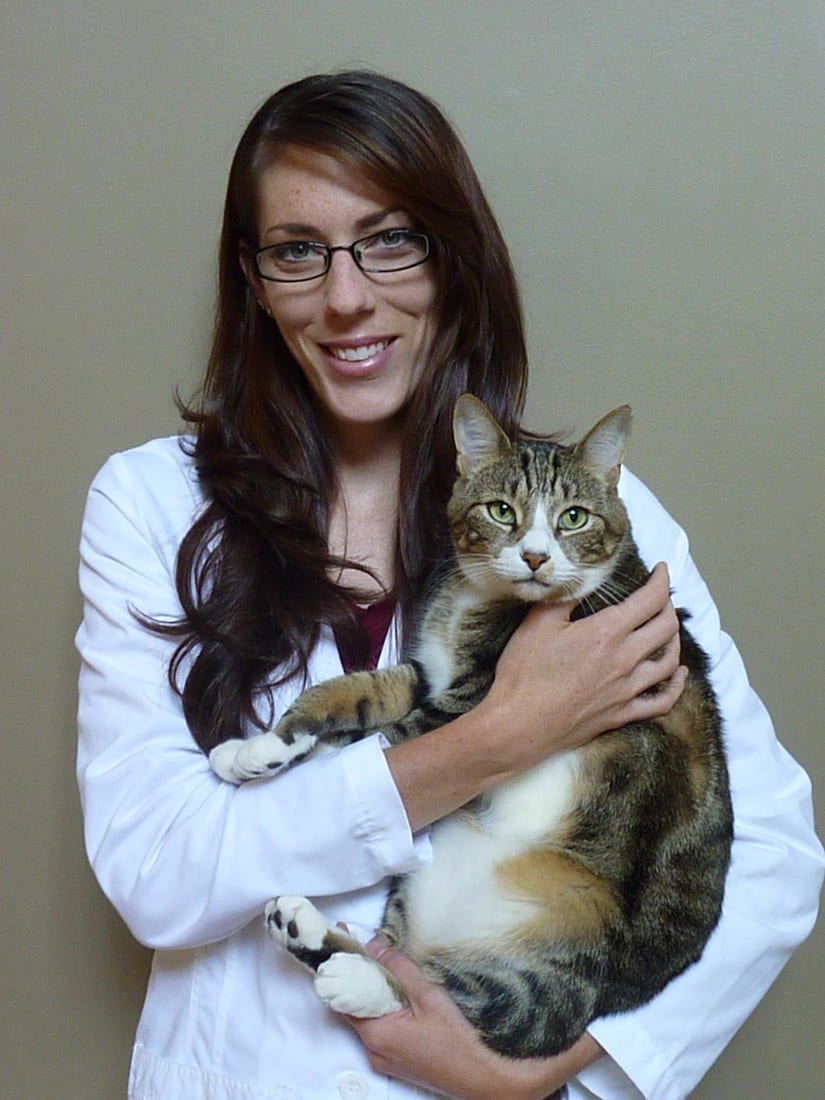TWO ATLANTA-BASED ANIMAL EXPERTS SHARE TOP TIPS FOR TAKING CARE OF YOUR SENIOR PET.

Much like kids, it can feel like our pets grow up way too fast. And when your furbaby is officially eligible for the senior discount (roughly 7 years old for dogs and 11 years old for cats), it’s time to switch up their self-care routines. Here, cat specialist Dr. Alison Bradbury at Sandy Springs-based The Cat Doctor and dog expert Dr. Duffy Jones, owner and founder of Peachtree Hills Animal Hospital, provide their professional opinions on how to care for your aging pets at home.

The Cat Doctor
Watch for any significant change in mobility.
“Hands down, the number one concern I get regarding older cats is a change in mobility,” says Bradbury. “Whether it is difficulty jumping, stiff back legs or not playing as much, these common signs of arthritis are often some of the first indicators of a cat moving into its senior years. I often recommend joint supplements, such as Cosequin or Dasuquin for cats, even in the early stages of mobility changes to help slow down progression.”
For senior dogs, Jones says, “The first thing I typically tell people as their dogs get older is to watch for subtle changes in their everyday routine because subtle changes could mean significant disease— especially since dogs are really, really good at hiding these things.”
Keep an eye on their weight and adjust their diets as needed.
“For weight and muscle management in our older cats, I often recommend supplements, such as Welactin Omega- 3 or probiotics such as FortiFlora to promote healthy digestion. Recent long-term studies have demonstrated that cats on these supplements are living longer with better overall health,” says Bradbury, who also suggests cat owners speak with their vet if they feel a change in diet is needed.
“Especially as dogs get older, a lot of times they have arthritis, so if they become overweight, it can make a big difference in their mobility,” says Jones. “Just remember, if you’re talking about a 10- or 15-pound dog, 1 pound is 10% of its body weight, so you have to be really careful to not let them get overweight.”
At the same time, pet parents should also be mindful of too much weight loss. “Weight loss can sometimes be our number one indicator that something is going on, so [owners] should have a good feel of their pet’s normal weight,” he adds.

Create a more accommodating home environment.
“The simplest tip involves moving food dishes, litter boxes and bedding to one level of the home or a central location to make access easier,” says Bradbury. “It also helps to use low-sided litter boxes or food bowls that are slightly elevated. These changes are especially important for cats with mobility or vision issues.”
With playtime being a key part to most dogs’ home lives, Jones advises dog owners to practice moderation in exercise. “We want them to exercise because once they lose muscle tone, if they’re not as active, that’s where we start to see ACL tears, hip problems and other types of traumatic orthopedic injuries. But we have to be careful. So I usually tell people instead of throwing the ball for 15 minutes, throw it for five. If you used to run with them, walk with them. Let them get that energy out, but don’t overdo it.”
Visit your veterinarian more often.
“I encourage all of my pet parents to bring their cats for a full exam once a year, but for senior cats, I will often schedule recheck exams within a three- to four-month period,” says Bradbury. “Remember, cats age four years for each human year, so their health status can change much more quickly, and subtle changes can be detected sooner with more frequent exams.”
Jones echoes the same advice: “I typically like to see senior dogs twice a year, sometimes four times.”
Ask questions!
“We know dogs and cats, but you know your dog and your cat, so when you see changes, come tell us, and we’ll figure out what’s going on,” says Jones.
DETAILS
The Cat Doctor
4716 Roswell Road N.E.
Atlanta 30342
404.257.0048
thecatdoctoratlanta.com
Peachtree Hills Animal Hospital
3106 Early St. N.W.
Atlanta 30305
404.812.9880
peachtreehillsvet.com
STORY: Taylor Heard
Simply Buckhead is an upscale lifestyle magazine focused on the best and brightest individuals, businesses and events in Buckhead, Brookhaven, Sandy Springs, Dunwoody and Chamblee. With a commitment to journalistic excellence, the magazine serves as the authority on who to know, what to do and where to go in the community, and its surroundings.

















